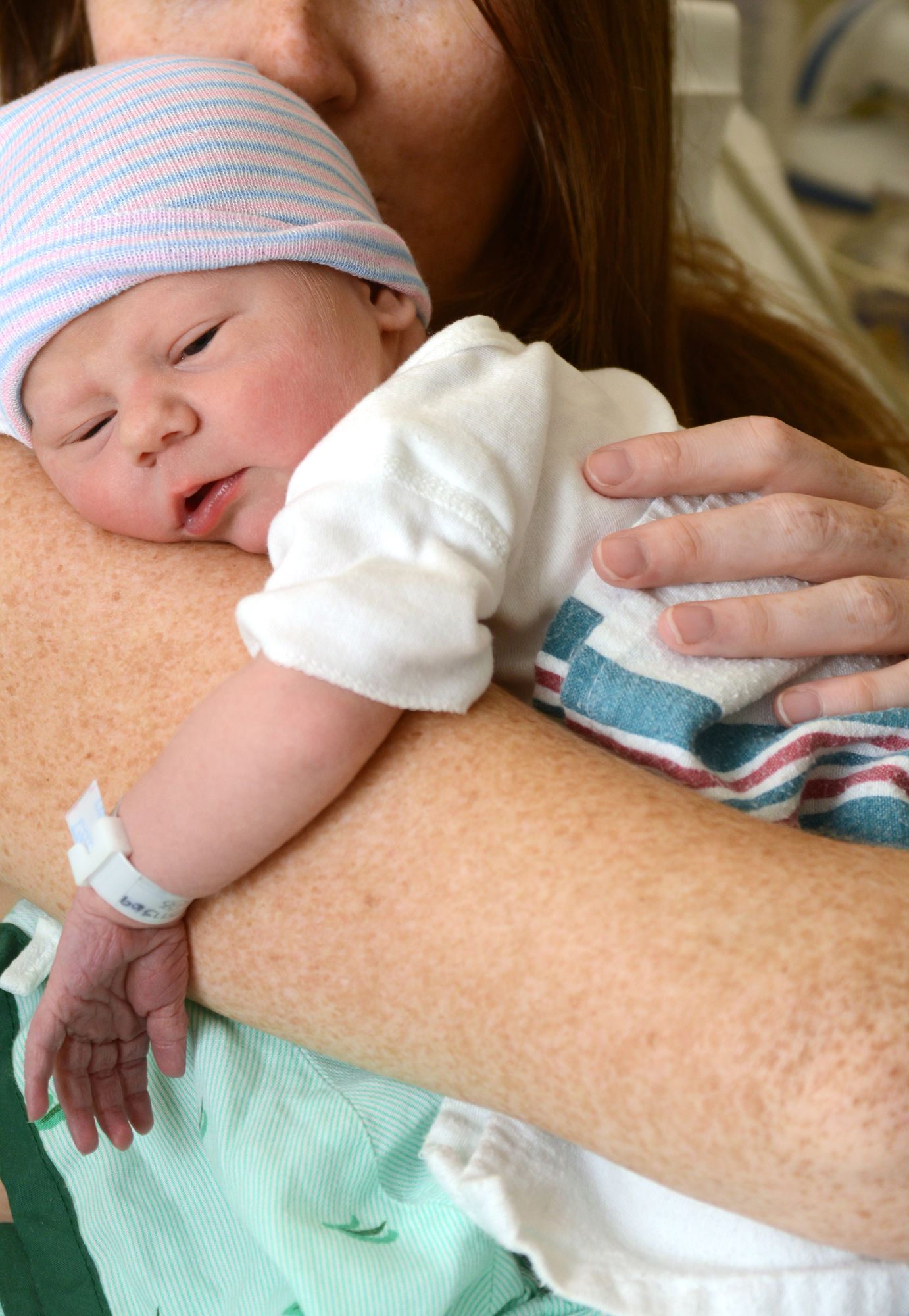 Most of the time, newborn baby blindness is preventable when treated early. Known as retinopathy of prematurity (ROP), the eye disorder can affect babies born prematurely.
Most of the time, newborn baby blindness is preventable when treated early. Known as retinopathy of prematurity (ROP), the eye disorder can affect babies born prematurely.
Babies who weigh 2 ¾ pounds or less and who are born before 31 weeks of gestation are at risk of newborn baby blindness.
The chance of blindness decreases greatly, though, when the condition is caught and treated early. Doctors who do not screen or treat retinopathy of prematurity can be sued for malpractice if preventable blindness occurs.
Retinopathy of Prematurity in a Nutshell
Because babies’ eyes develop the most during the last 12 weeks of gestation, a baby who is born prematurely might not have complete retinal blood vessel development.
Retinopathy of prematurity is the abnormal growth of blood vessels in and around the retina. These uncharacteristic blood vessels are fragile, apt to leak, may produce scars on the retina or move it from its intended position, resulting in retinal detachment. A detached retina can cause blindness because the retina not only processes light, but also communicates with the brain.
This type of newborn baby blindness usually affects both eyes.
How Newborn Baby Blindness is Preventable
Health care workers in all areas of a hospital’s Neonatal Intensive Care Unit (NICU) are required to be trained on how to diagnose and respond to potential cases of retinopathy of prematurity.
By screening, monitoring and treating the disorder, newborn baby blindness can be prevented. If a baby becomes blind due to any neglect of the standard protocol for diagnosis and treatment, the hospital staff can be held accountable and potentially charged with negligence.
Doctors should perform four follow-up retinopathy of prematurity screenings on premature infants, according to the American Academy of Pediatrics, the American Academy of Ophthalmology, the American Association for Pediatric Ophthalmology and Strabismus, and the American Association of Certified Orthoptists.
Follow-up visits should be held at one week or less; one to two weeks; two weeks; and two to three weeks.
The most common way of treating retinopathy of prematurity is with laser therapy to prevent the abnormal blood vessels from spreading and leaking.
Retinopathy of prematurity exists in five stages:
Stage 1: Mild number of abnormal blood vessels observed; most babies recover with no treatment.
Stage 2: Moderate number of abnormal blood vessels observed; still, most infants recover with no treatment.
Stage 3: Large number of abnormal blood vessels observed; infant might recover without treatment, but treatment is most likely recommended if the blood vessels are enlarged and twisted, a condition known as “Plus Disease.” Upon treatment, retinal detachment is usually avoided.
Stage 4: The retina has partially detached
Stage 5: The retina has completely detached
Statistics show that 90 percent of the 14,000 infants diagnosed with retinopathy of prematurity are in stage 1 or 2. Because the condition can quickly worsen, monitoring is essential. Between 1,100 and 1,500 babies experience cases of ROP that require treatment. For 400 to 600 babies, ROP causes blindness.
Newborn baby blindness generally occurs because doctors fail to inform parents to follow up with ROP or because parents didn’t receive a referral to a specialist for follow-up care. Sometimes, the stage of retinopathy of prematurity is incorrectly identified, impeding the appropriate treatment steps.
If you have a child who developed newborn baby blindness, you may qualify to file a medical malpractice lawsuit.
Do YOU have a legal claim? Fill out the form on this page now for a free, immediate, and confidential case evaluation. The hip implant attorneys who work with Top Class Actions will contact you if you qualify to let you know if an individual lawsuit or class action lawsuit is best for you. [In general, metal hip implant lawsuits are filed individually by each plaintiff and are not class actions.] Hurry — statutes of limitations may apply.
ATTORNEY ADVERTISING
Top Class Actions is a Proud Member of the American Bar Association
LEGAL INFORMATION IS NOT LEGAL ADVICE
Top Class Actions Legal Statement
©2008 – 2025 Top Class Actions® LLC
Various Trademarks held by their respective owners
This website is not intended for viewing or usage by European Union citizens.
Get Help – It’s Free
Join a Free Retinopathy of Prematurity Class Action Lawsuit Investigation
If you qualify, an attorney will contact you to discuss the details of your potential case at no charge to you.
Please Note: If you want to participate in this investigation, it is imperative that you reply to the law firm if they call or email you. Failing to do so may result in you not getting signed up as a client, if you potentially qualify, or getting you dropped as a client.
E-mail any problems with this form to:
[email protected].
Oops! We could not locate your form.












